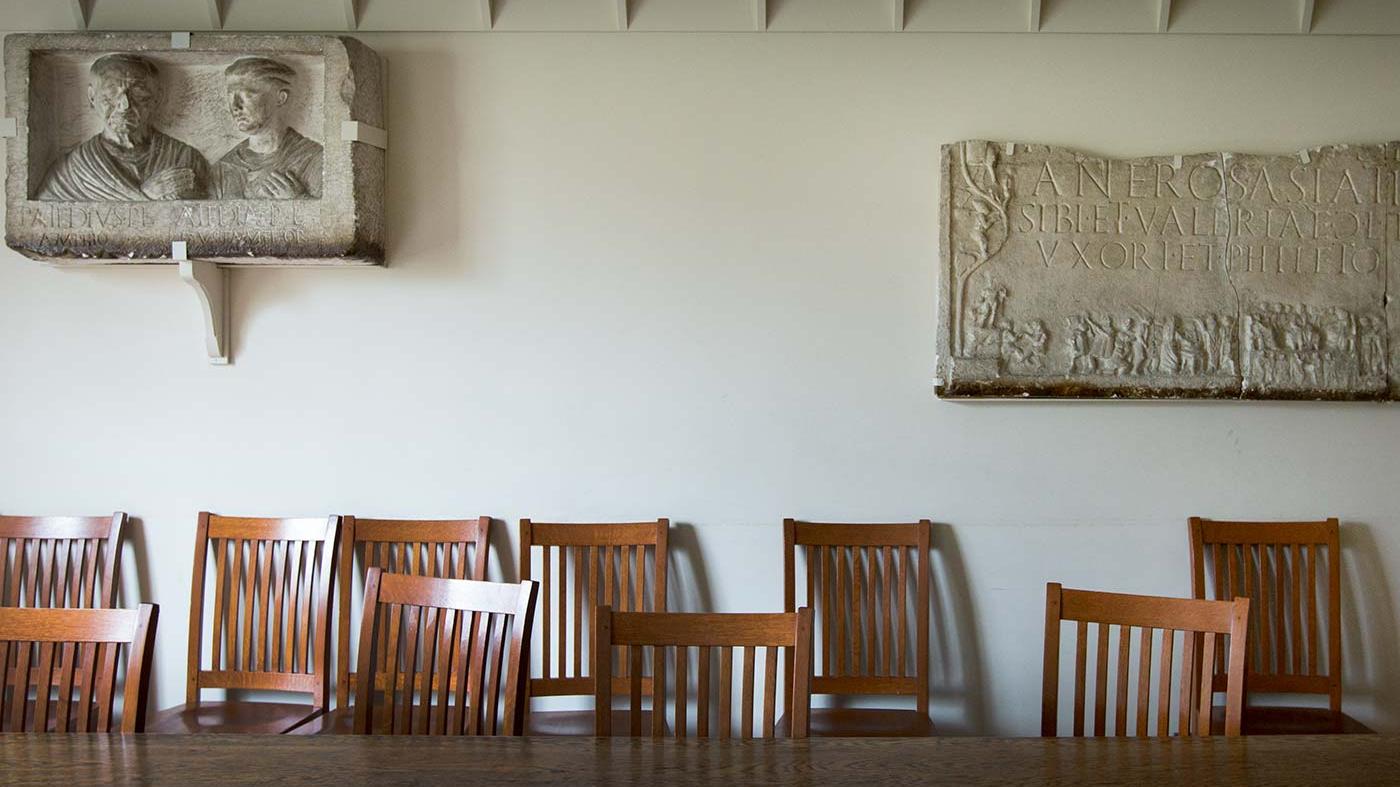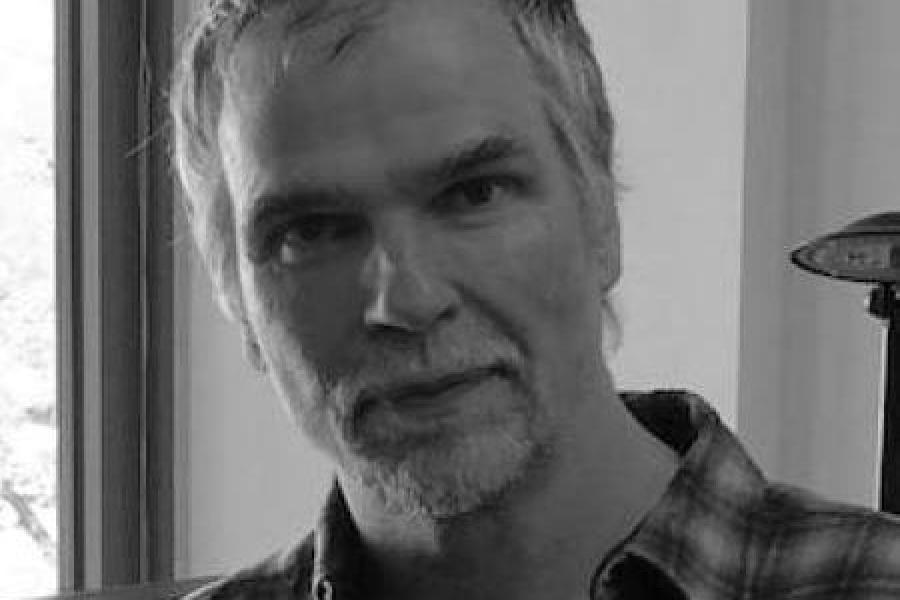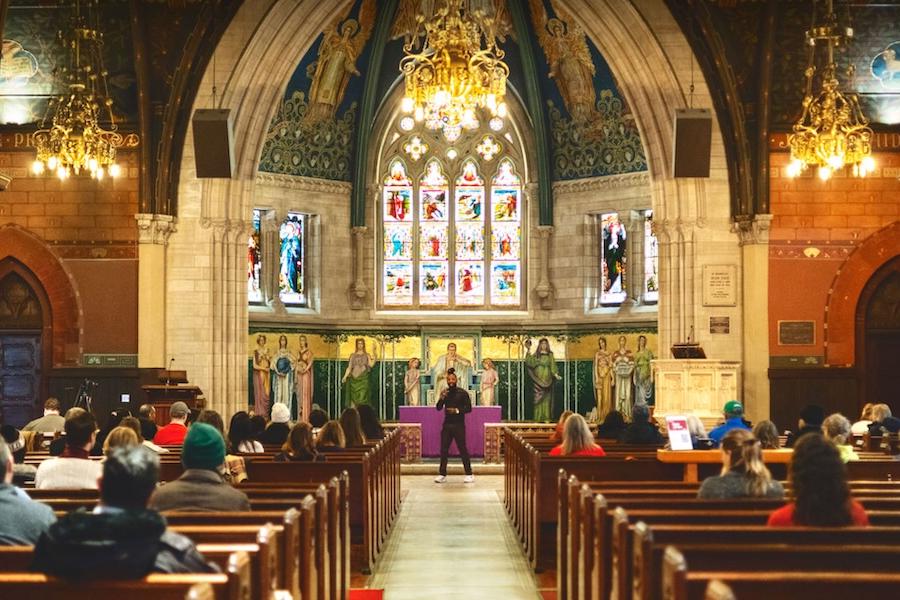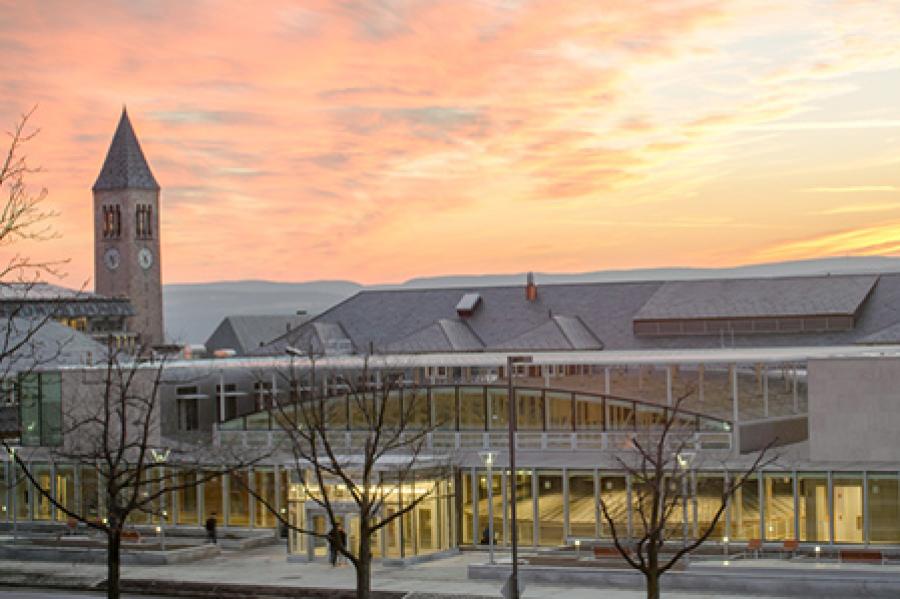
College of Arts and Sciences announces 2026 Klarman Fellows
The 12 early-career scholars will pursue research in the sciences, social sciences and humanities.
 Department Homepage
The College of Arts & Sciences
Department Homepage
The College of Arts & Sciences

The Sage School of Philosophy has a distinguished tradition of philosophical research and teaching. Students at every level and in every area of intellectual endeavor find opportunity to engage with great philosophical ideas and problems and develop the critical thinking and analytical skills necessary for advancing our understanding of them.

The 12 early-career scholars will pursue research in the sciences, social sciences and humanities.

From midcentury melodramas to speculative visions of technology and the human body—and even a French coming of age story about crafting world class cheese—Cornell Cinema’s spring season offers a varied plate.

A leading proponent of interdisciplinary approaches to moral psychology exploring questions of character, virtue and agency, John Doris writes about a movement to inform moral philosophy with psychological research, as well as the other way around.

Built in an era when the University was under fire for being nonsectarian, it offers respite from a bustling campus.

Congratulations to Philosophy professor John Doris. He was recently awarded the 2025 Joseph B. Gittler Award from the American Philosophy Association. Read more here https://www.apaonline.org/general/custom.asp?page=2025prizes-f#gittler_award

After a long career onstage and off, Ellen Stekert ’57 is focused on preservation—releasing songs from her vast archive on Bandcamp.

I know it sounds like the setup to a joke: a philosophy major walks into a football locker room.....
From Cornell Sports/CornellBigRed.com :
On fall Saturdays in Macomb, Ill., the town felt small enough that every face was familiar and every story overlapped with your own.
It's the kind of place where your pediatrician might also be your teammate's mom, where the local circuit court judge doubles as your Scout leader, and where a soccer team can grow up together from first grade through senior year without changing much more than jersey sizes.
"Small-town America really made me who I am," senior sprint football place-kicker Sumner Roberts said. "Everyone knows everyone. You can't fake it. You learn to be authentic."

This month’s titles featured in Cornellians include poetry, a famed restaurateur’s memoir, and a chronicle of the 1929 stock market crash

The Cornell Program on Ethics and Public Life promotes interdisciplinary learning about morally central questions concerning public policies and social, political and economic processes.